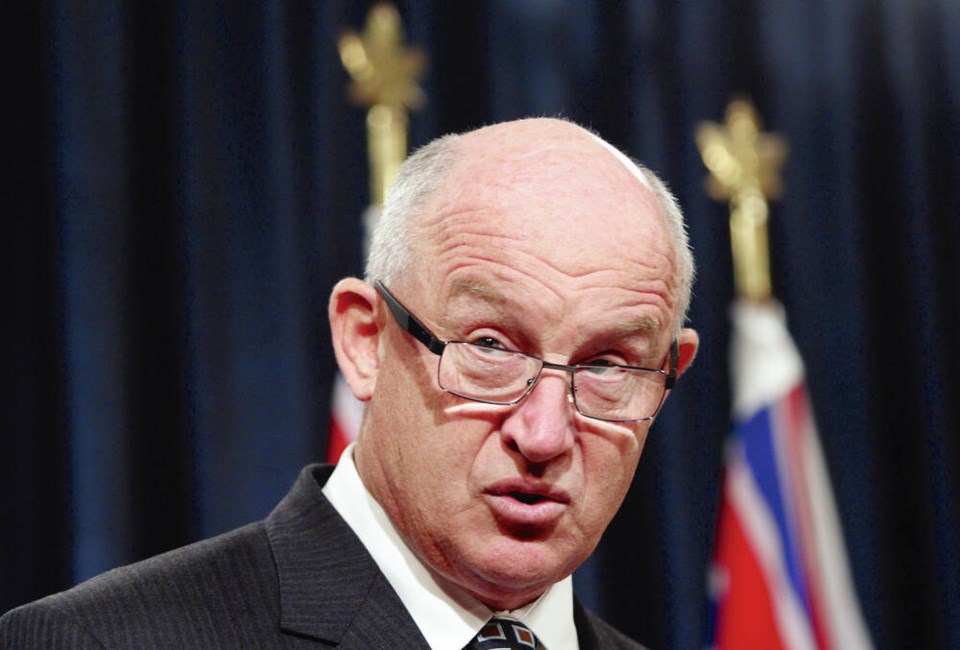The province is proposing changes to its Crime Victim Assistance Act to make grandparents and grandchildren — as well as witnesses not connected to a victim — eligible for government support.
“Victims of crime, their immediate family members and witnesses are impacted by crime in different ways, and supporting them means that they can take the time they need to recover and heal,” Public Safety Minister Mike Farnworth said.
“We are expanding services for victims of gender-based violence, as well as those impacted by broader crimes so that more British Columbians have access to the services and supports they need to recover.”
Farnworth wants to expand access to benefits for grandparents and grandchildren of crime victims by removing the requirement that eligible people must be financially dependent on the victim.
He also wants to expand the definition of witness by removing the requirement that a witness have a strong emotional attachment to a victim. This is a significant barrier to eligibility for those who witness violent crime in their communities, said the minister.
Farnworth is proposing that the time limit for making an application for benefits be extended to two years from one.
“People who are victims of crime, their family members, as well as witnesses, can receive services to support their recovery and help offset financial costs they may experience. However, the current legislation is restrictive in who may be eligible for these services, and many people can’t get the supports they need,” he said.
Farnworth announced the province is restoring funding to sexual assault programs to support survivors. Centres in Victoria, Vancouver, Prince George, Kamloops and Surrey will receive funding to provide wraparound services to sexual assault victims.
“It’s exciting news for us at the Victoria Sexual Assault Centre. It’s important news for survivors,” said Carissa Ropponen, the centre’s resource development and communications manager.
“The funding is important so we can provide the service, but it also sends a clear message that survivors matter, their well-being matters and they are going to be supported to get access to the support they need to heal and move forward.”
In 2016, the centre opened its sexual assault clinic where survivors have access to different services — emotional support, medical care, forensic examination and police reporting — in one location.
“This model was the first of its kind in B.C. … It’s trauma-informed, culturally relevant and designed specifically around survivors’ needs, particularly in those difficult moments right after a sexual assault has occurred,” said Ropponen.
“A timely, compassionate response can have a huge impact on a survivor’s ability to move forward and heal. It increases the likelihood they will also receive other services later.”
The centre, which has relied on donations and grants for the past seven years, will receive $300,000 a year to sustain its critical emergency sexual assault response.
Since 2002, the Crime Victims Assistance Program has provided more than $275 million in benefits to victims, immediate family members and witnesses. In 2022-23, the program received more than 4,700 applications from victims, immediate family members and witnesses, and distributed $16.9 million in benefits.
The province provides more than $54 million a year for services and programs to support victims of crime, including more than 475 victim-service, violence against women and sexual assault programs in communities throughout B.C, the ministry said.
>>> To comment on this article, write a letter to the editor: [email protected]



